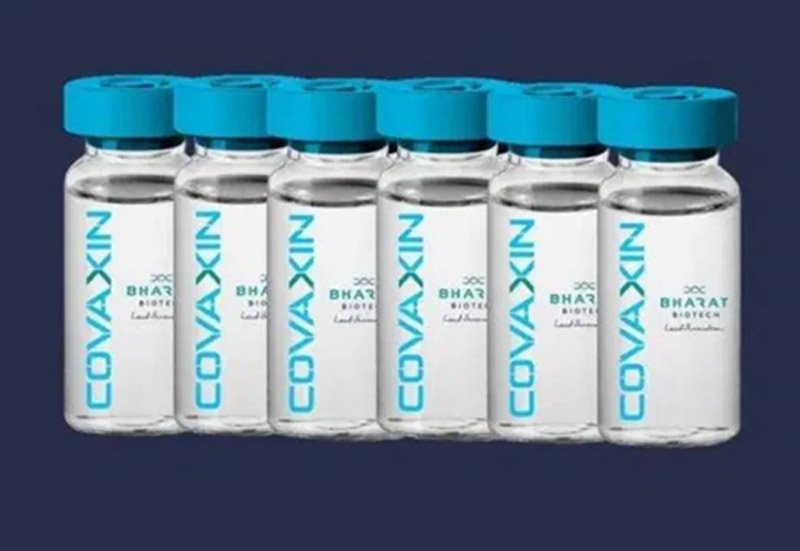 Covaxin
Covaxin
New Delhi/UNI: The process to include indigenously developed COVID-19 vaccine, Covaxin, in Emergency Use Listing (EUL) of World Health Organisation (WHO) is delayed by a week as the Technical Advisory Group of the UN body has sought "additional clarifications" from the vaccine manufacturer.
The WHO, in an email response, told UNI that the TAG would reconvene on November 3 and conduct a final "risk-benefit assessment" for EUL of the Covaxin.
The decision has come after the WHO's TAG met on Tuesday to review data provided by Covaxin to decide the emergency use listing of the indigenously-made vaccine, which will pave its way to be administered globally.
"The TAG met today, 26 October 2021, (according to Central European Summer Time) and decided that additional clarifications from the manufacturer are needed to conduct a final EUL risk-benefit assessment for global use of the vaccine," the UN body stated in the email response to UNI.
"The TAG expects to receive these clarifications from the manufacturer by the end of this week, and aims to reconvene for the final risk-benefit assessment on Wednesday, 3 November," it added.
According to the UN agency, the "Technical Advisory Group for Emergency Use Listing (TAG-EUL) is an independent advisory group that provides recommendations to WHO on whether a Covid-19 vaccine can be listed for emergency use under the EUL procedure."
The WHO has so far approved Covid-19 vaccines of Pfizer-BioNTech, AstraZeneca-SK Bio/Serum Institute of India, Johnson & Johnson-Janssen, Moderna, and Sinopharm for emergency use.
The Hyderabad-based manufacturer of Covaxin had submitted EOI (Expression of Interest) to the WHO on April 19 for the vaccine's EUL status, the WHO had informed earlier.
Last week, the UN body had said it is expecting one additional piece of information from Bharat Biotech regarding Covaxin and emphasised that it has to thoroughly evaluate to ensure vaccines are safe and "cannot cut corners" before recommending a vaccine for emergency use.
The Bharat Biotech's COVID-19 jab, along with Serum Institute of India's Covishield, was introduced to the nationwide immunisation programme against COVID-19 on January 16 this year.
Support Our Journalism
We cannot do without you.. your contribution supports unbiased journalism
IBNS is not driven by any ism- not wokeism, not racism, not skewed secularism, not hyper right-wing or left liberal ideals, nor by any hardline religious beliefs or hyper nationalism. We want to serve you good old objective news, as they are. We do not judge or preach. We let people decide for themselves. We only try to present factual and well-sourced news.







